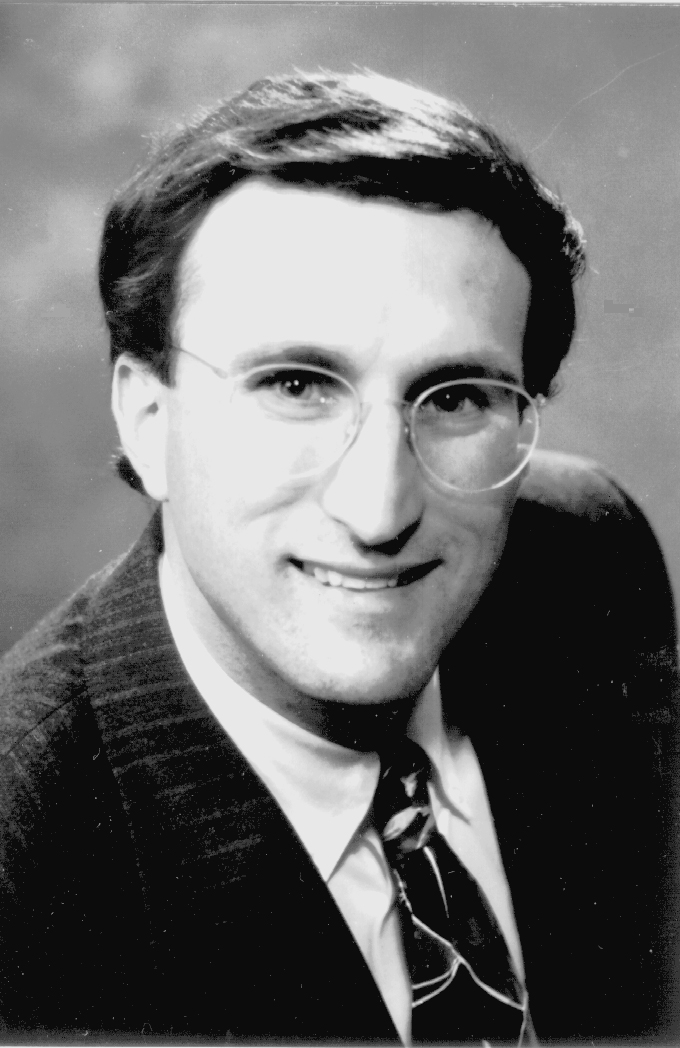© 2009 Moronic Ox Literary Journal - Escape Media Publishers / Open Books
Moronic Ox Literary and Cultural Journal - Escape Media Publishers / Open Books
Novel Excerpts, Short Stories, Poetry, Multimedia, Current Affairs, Book Reviews, Photo Essays, Visual Arts Submissions
Advertise your book, CD, or cause in the 'Ox'
Editor's Notebook
The Old Chevy
by guest editorialist Keith Ainsworth
(from the upcoming prose and poetry book, The Loyal Opposition,
to be published by Open Books on the 40th anniversary of Earth Day,
April 22, 2010)
There is a common, but facile, analogy between the environment and medicine. It is now trite to see the Earth as the patient in need of medical care. I believe we have to be careful not to patronizingly see ourselves as the doctor and not the disease. Humanity sees itself as a godlike controller of the Earth. In peculiar irony we see the promise of future technologies as the solution to ecological imbalances created by our existing technologies of war, energy production, transportation, manufacturing, and even agriculture.
It wasn’t always this way. Humans originated as animals, not even ones at the top of the food chain. We were fragile, but clever creatures that descended from the branches to contend with saber-toothed cats, crocodiles, bears, wolves and a host of creatures powerful in their own right.
We have gained ascendancy, not back up to the branches, but up the stairwells and elevators to the pinnacles of building-monuments. By necessity we have created a million devices for exploiting (and I mean that in the purest non-judgmental sense of the word) resources of the natural world. These technologies are the birthright of humanity. We have not only the over-celebrated opposable thumb, but also a large crenellated brain and self-awareness and the ability to pass complex information from generation to generation. We also have an indomitable will to survive. That instinct led us to aggregate in communities and distribute responsibility for food production, production of material goods and the provision of useful services. That wasn’t an inherent evil, but it allowed us to become distant from the rhythms of life.
Of course, to say that these technologies are a birthright is not to excuse the externalization or intentional ignorance of the costs. We are gregarious and altruistic, but we are distinctly competitive creatures. This is a positive trait for survival, but construed in the modern context, it can and has translated into cultural greed and exploitation of resources of the most serious kind.
So it is not surprising that one side effect of this competitive and willful exploitation is a tendency toward self-delusion that since technology got us where we are today, technology can solve the problems. On the micro or short-term level, the philosophy is largely true. We can make devices to remove contaminants from soils, waters and the air. We can invent scrubbers to clean pesticides from food, and we can invent some magic black box to remediate the impacts of our industrial activities at any given site. As one pulls the lens back further, it becomes more obvious that technology cannot mitigate a societal mentality of overuse. There is no device, machine, black box or pill that can change our patterns of consumption. For that we must rely upon the beautifully crenellated brains that got us into the situation in the first place.
The euphemistic phrase “societal mentality of overuse” does not begin to encapsulate the scale of the situation. The irony is that we are as sick as the patient. We have soiled our own nests at our own peril, and that of every creature that inhabits the Earth that has the unfortunate position of being dependant upon us to reverse the situation.
So, here we sit, in paradox. We are the engineers of our own difficulty, with the ability to create technology. But we are only half-aware that we need to change our philosophy, not just our light bulbs.
We are not the physician wielding a scalpel. We have a conflict of interest that inhibits us. Simultaneously we are the patient, the disease and the psychiatrist who is waiting for the patient to seek counseling. Maybe it is the lack of objectivity that hinders our recovery.
There is hope: the sensible impartiality of our collective conscience. It cries out an ancient hard-wired concept that ‘there will be consequences’. We have to first recognize that we are the actors, and we must change ourselves rather than further change those things around us.
Perhaps, we may see the way more clearly if we first empathize with ourselves in vulnerable positions and then sympathize with our world on the gurney.
About the author:
Born in 1965, educated at Tufts University with a B.S. in English Literature, Biology and Environmental Studies with a law degree from the University of Miami, Keith Ainsworth is an environmental attorney residing on the New England shoreline with his family. An ardent environmentalist, Keith frequently represents and is a speaker on environmental conservation interests.



